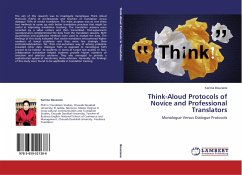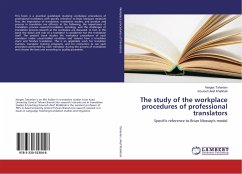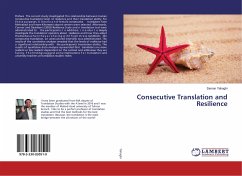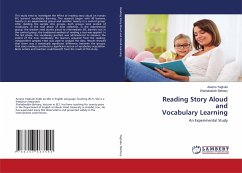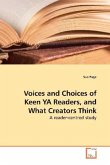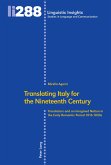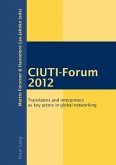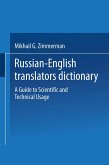The aim of this research was to investigate monologue Think Aloud Protocols (TAPs) of professionals and teachers of translation versus dialogue TAPs of novice translators. The main purpose was to test these two methods to come up with better translation practices that might be useful in improving translation teaching. The translation sessions were recorded by a video camera and then transcribed. Post-experiment questionnaires complemented the data from the translation sessions. Both quantitative and qualitative methods were used to analyze the data. The findings of this study indicated that novice translators encountered higher numbers of lexical problems and they were less strategic than professionals/teachers. Yet, their non-automatic way of solving problems provided richer data. Dialogue TAPs as opposed to monologue TAPs proved to be helpful -to students- in terms of target text quality. In fact, collaborative translation helped students provide higher numbers of tentative andselected solutions. They also managed to provide a sophisticated system of monitoring those solutions. Generally, the findings of this study were found to be applicable in translation training.

